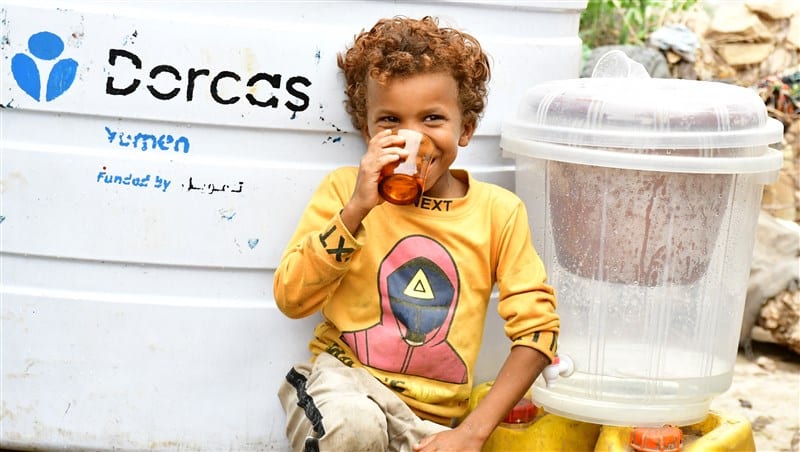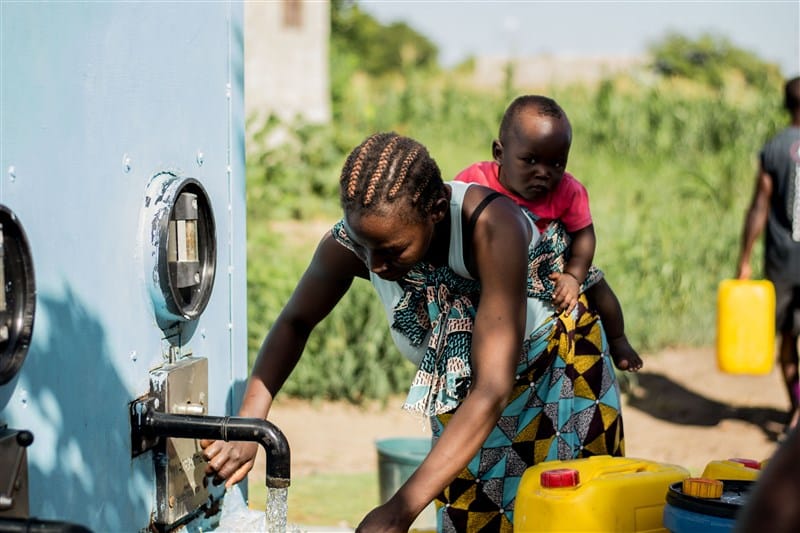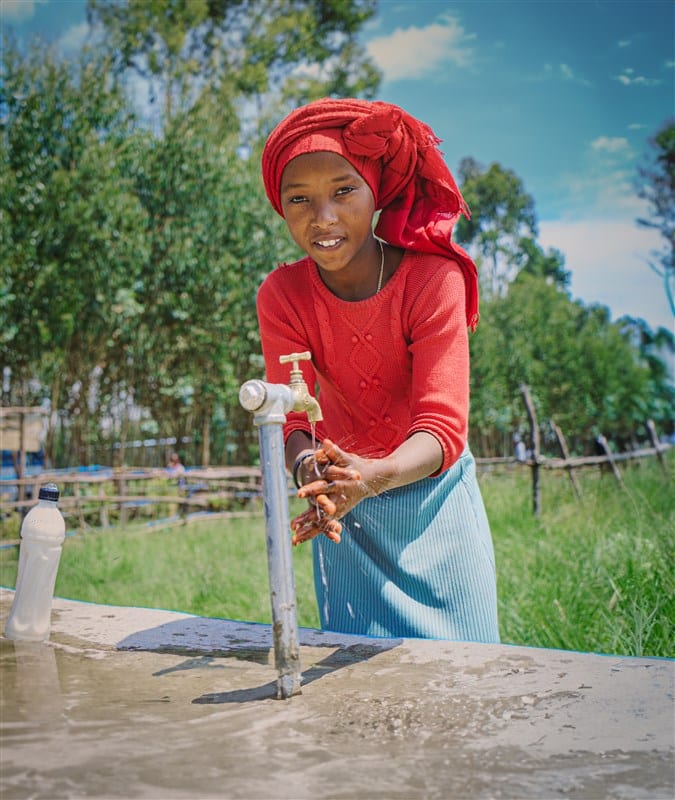World Water Day – A large number of people have limited access to clean drinking water
Clean drinking water is not merely a convenience, it is a fundamental human need and a cornerstone of public health. However, millions of people around the globe still lack access to safe water sources, leading to severe consequences for their health, livelihoods, and overall well-being. Understanding the gravity of this issue is pivotal, as is the urgent need to address it effectively.
Consequences of inadequate access
The ramifications of inadequate access to clean drinking water are profound and far-reaching. According to recent data from the World Health Organization (WHO) and UNICEF, approximately 785 million people worldwide still lack even a basic drinking-water service, with many more consuming water that is contaminated or unsafe. This precarious situation exposes individuals and communities to a myriad of health risks, including waterborne diseases such as cholera, typhoid fever, and diarrhea, which claim the lives of over 2 million people annually, predominantly children under the age of five.
Moreover, the absence of clean water perpetuates a cycle of poverty, hindering economic development and exacerbating inequalities. Without access to safe water for drinking, cooking, and sanitation, communities struggle to maintain good health, attend school regularly, or pursue livelihood opportunities, trapping them in a cycle of poverty and deprivation.
Importance of clean drinking water
Ensuring universal access to clean drinking water is not just a matter of basic necessity: it is a fundamental human right. Clean water is indispensable for maintaining health, sanitation, and dignity. It serves as a cornerstone for sustainable development, empowering individuals and communities to thrive economically and socially. Additionally, adequate water access is crucial for achieving various Sustainable Development Goals (SDGs), including those related to health, education, gender equality, and poverty eradication.

Agnes Kroese, CEO of Dorcas recently visited Yemen. She met with a wide variety of people, all with one commonality: limited access to clean drinking water.
Armed conflicts and humanitarian crisis have caused Yemenis to seek safer refugee. Many have been living in camps for years.
“I was in one of these camps: a barren, open plain. There was no water to be seen in the wider area. When I asked for drinking water, one of the women showed me a jerrycan. The water in the jerrycan ws clearly polluted.“
Agnes Kroese, CEO Dorcas
Role of Dorcas
As a humanitarian organisation committed to addressing the structural causes of poverty and exclusion, Dorcas exemplifies core values such as compassion, justice, and stewardship in its efforts to improve access to clean drinking water. Through targeted interventions and community-led initiatives, Dorcas works alongside communities in vulnerable situations to implement sustainable water solutions that meet their specific needs and circumstances.
Practical solutions
Addressing the global water crisis requires a multifaceted approach that combines infrastructure development, community engagement, and policy reform. Practical solutions include:
- Investing in infrastructure: Building and maintaining water supply systems, including wells, boreholes, and water treatment facilities, to ensure reliable access to clean water.
- Promoting hygiene education: Empowering communities with knowledge about safe water practices, sanitation, and hygiene to prevent waterborne diseases and promote overall health.
- Supporting water harvesting and conservation: Implementing rainwater harvesting systems and promoting water conservation techniques to maximise the sustainable use of available water resources.
- Advocating for policy change: Advocating for policies and regulations that prioritise equitable access to clean water and sanitation services, particularly for marginalised people and communities.





The consequences of limited access to clean drinking water are profound and multifaceted, affecting health, livelihoods, and overall well-being. Addressing this global challenge requires collective action, guided by principles of compassion, justice, and stewardship. By investing in practical solutions and empowering communities, we can ensure that everyone, regardless of their circumstances, has access to this essential resource and the opportunity to lead healthy and dignified lives. As we strive towards this goal, organisations like Dorcas play a crucial role in catalysing positive change and transforming the lives of those in need.
Around the world, as many as one in four people have no access to clean drinking water. Clean drinking water is of vital importance. Dorcas supports communities to improve access to clean and safe water. We do this by, for example, repairing boreholes in Iraq, distributing water in Yemen and building new water taps in Mozambique, Kenya and Ethiopia. Or by installing solar panels so that existing boreholes can be put to better use. In Mozambique, the limited access to safe drinking water causes major problems. With WaterTime, Dorcas Mozambique has improved the access of safe and clean water.
>> Dorcas organises Water Power (Actie Waterkracht) campaign to raise awareness about the lack of access to clean drinking water. More details on this campaign (in Dutch) via Actie Waterkracht.
22 March 2024
Are you inspired?
Read the next story or contact us to get to know more about making an impact together.